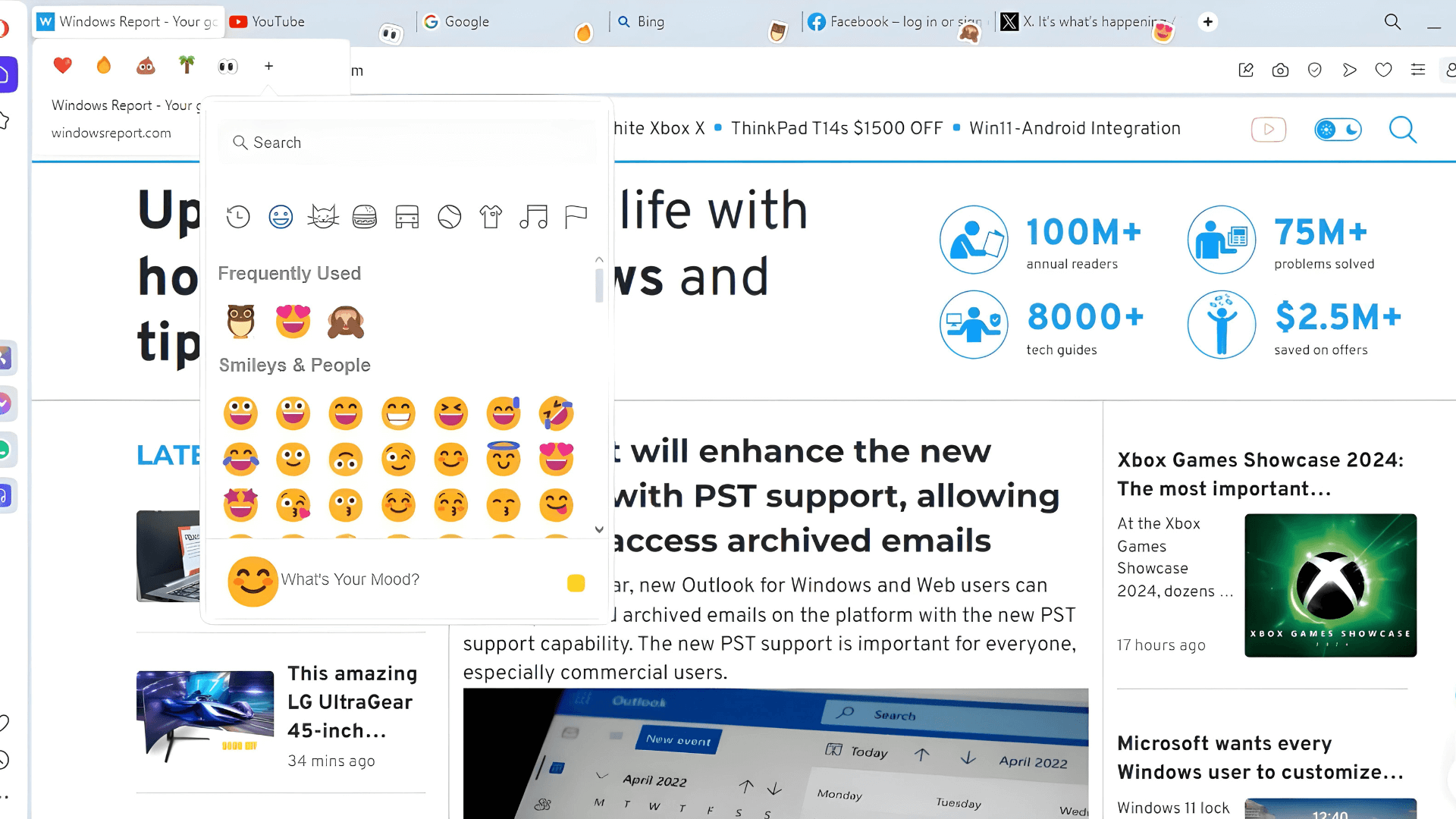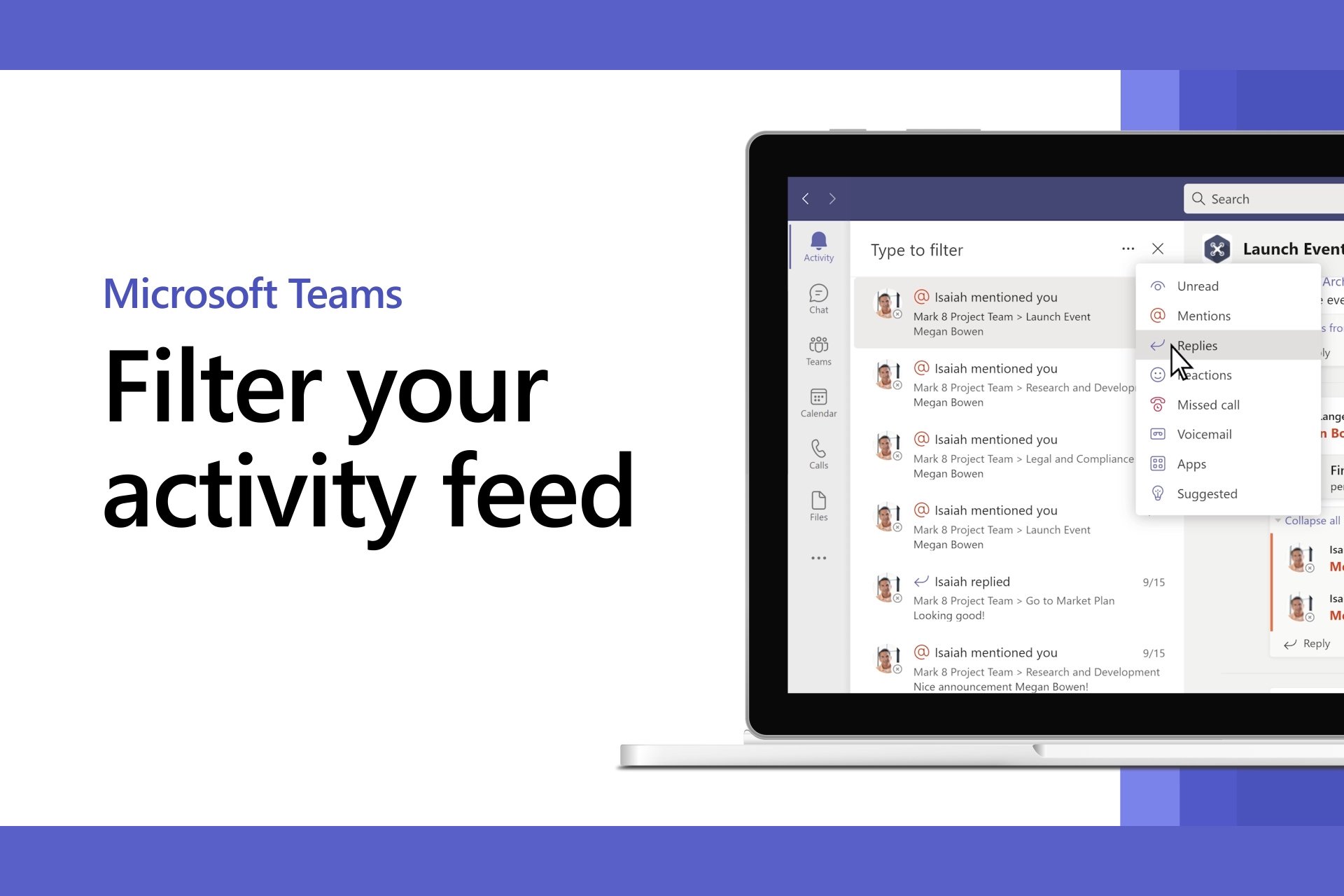Microsoft is a consulting company for OpenAI, and that might be good for Google
The AI war is growing bigger.
3 min. read
Published on
Read our disclosure page to find out how can you help Windows Report sustain the editorial team Read more

In the tech world, where AI is a rising power, an attention-grabbing twist has surfaced that could swing things toward Google. This comes despite Microsoft’s substantial move with OpenAI. The CEO of cybersecurity firm Okta, Todd McKinnon, shared this interesting insight through multiple interviews.
He pointed out how Microsoft’s choice to use OpenAI as a repository for its top AI tools and software might unintentionally aid Google. As per McKinnon, this move highlights a bigger story in the tech field about where AI development began and where it is heading.
Microsoft’s collaboration with OpenAI is attracting attention, as the company has invested billions in this strategic partnership. The innovations resulting from this alliance include Microsofti’s AI assistant CoPilot and PCs powered by AI – both are based on advanced technology from OpenAI.
However, McKinnon highlights a curious situation developing within Microsoft, hinting that it could be shifting towards being a consultancy for OpenAI rather than leading the way in AI innovation.
It’s so bizarre. Imagine working at Microsoft. OpenAI is over there making all the exciting stuff. It’s almost like Microsoft is going to turn into a consulting company.
Todd McKinnon
On the other hand, Google appears to be taking a different approach. The company has not handed over its R&D in AI to others; rather, it relies on DeepMind as an internal powerhouse.
The research and breakthroughs made by Google – especially those related to transformers, which are deep learning models playing an important role in generative AI – form the base for what we see today in big language models (LLMs).
This strategic choice to promote internal innovation could be Google’s secret weapon, helping the company keep its advantage in the AI competition.
However, Google’s life is not always easy. Even with its strength in technology, the company has had difficulties successfully launching its AI products. From AI Overviews giving strange advice to the Gemini AI model showing wrong images historically, Google’s journey in AI has been a mixed bag.
These small issues emphasize how AI development can be unpredictable and the challenging journey toward gaining commercial viability.
McKinnon also made a wider point, recognizing the special character of AI as a technology area. Unlike past tech trends like personal computers, which saw disruptive changes usually driven by small companies starting up, progress in AI greatly depends on big investments from tech giants.
This situation brings up issues about competition and how rules could influence the upcoming scenario of AI development.
The ongoing drama involving Microsoft, OpenAI, and Google provides a preview of the tactics that might decide AI winners. Microsoft’s investment in OpenAI is an audacious step towards molding the future of AI. On the other hand, Google’s pledge to develop its R&D could potentially give it an advantage over time compared to other companies dependent on external advancements.
As artificial intelligence progresses and becomes more complex within this industry, the strategies chosen by various tech giants will undoubtedly affect their businesses and wider sectors.








